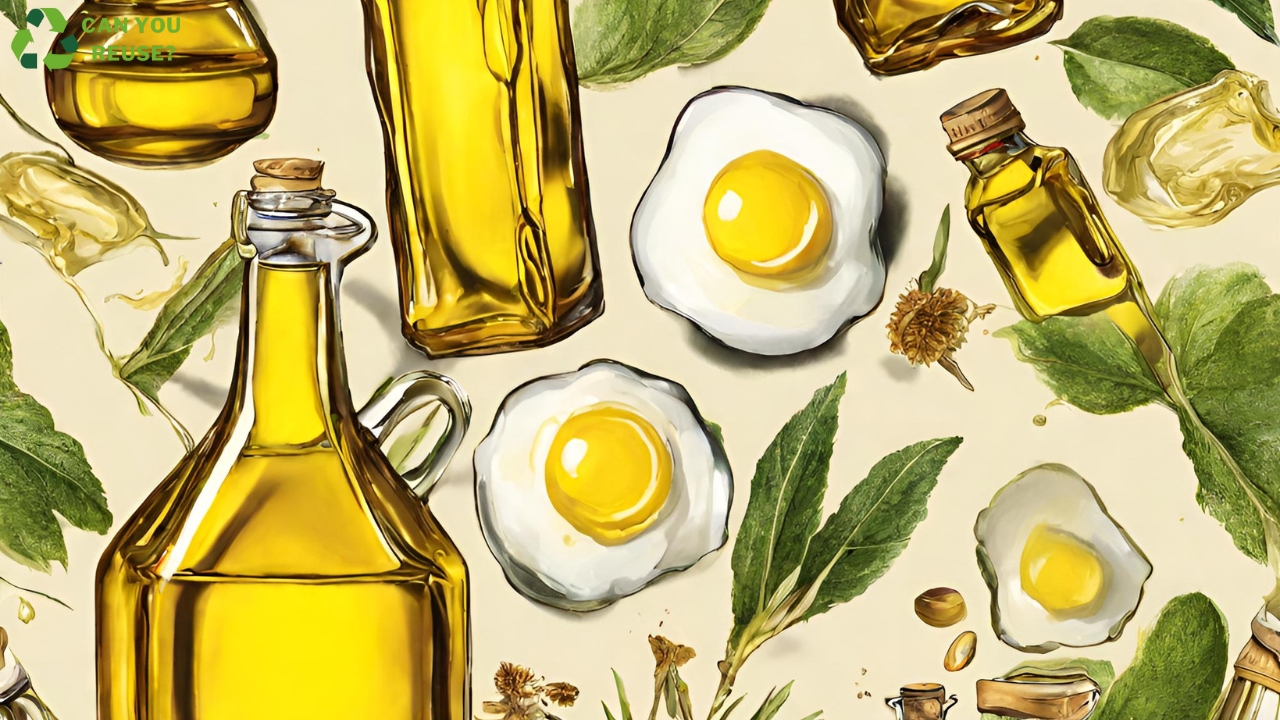Can you reuse cooking oil? It’s a question that pops up in kitchens everywhere, whether you’re a home cook or a professional chef. The answer is yes, you can reuse cooking oil, but there are some important guidelines to follow to ensure safety and quality.
The Life Cycle of Cooking Oil
When you heat cooking oil, it starts to break down. Factors like the type of oil, the temperature it’s heated to, and what you’re cooking all affect how many times you can reuse it. Generally, you can reuse cooking oil two to three times, but with cleaner frying items like potato chips, you might stretch it to eight times or more.

Strain and Store: The Reuse Routine
After cooking, let the oil cool, then strain it through a fine mesh strainer or cheesecloth to remove food particles. Store the strained oil in a sealed, light-proof container in a cool, dark place, or refrigerate it for up to three months. If the oil smells off or shows signs of spoilage like cloudiness or gumminess, it’s time to toss it.
The Health Perspective
Reusing cooking oil isn’t without risks. It can become more carcinogenic over time, and high levels of LDL cholesterol from repeatedly heated oil can increase the risk of heart disease and other health issues. To minimize these risks, avoid reusing oil that has been heated to its smoking point or has changed color or odor.
Environmental and Economic Benefits
Recycling used cooking oil can prevent clogged pipes and create renewable energy, reducing greenhouse gas emissions. By reusing oil, you’re not only saving money but also contributing to a more sustainable future.
FAQs on Reusing Cooking Oil
Q: How many times can you reuse cooking oil?
A. A: It varies. For breaded and battered foods, three to four times is recommended. For cleaner items like potato chips, you can reuse oil at least eight times.
Q: How do you know when to stop reusing cooking oil?
A: Pay attention to changes in the oil’s color, smell, or consistency. If it becomes dark, smoky at lower temperatures, or has an off odor, it’s time to discard it.
Q: Can you mix used and unused oil?
A: It’s not recommended to mix them, as this can affect the overall quality and safety of the oil.
Q: What should you do with oil you can’t reuse?
A: Look for local recycling programs that accept used cooking oil, or dispose of it in a sealed container with your regular trash to avoid environmental harm.
In Conclusion
Reusing cooking oil is a practice that can save you money and help the environment, but it must be done with care. Always strain and store your oil properly, and be mindful of the signs that indicate it’s time to replace it. With these tips, you can make the most of your cooking oil without compromising on food quality or your health.


Leave a Reply